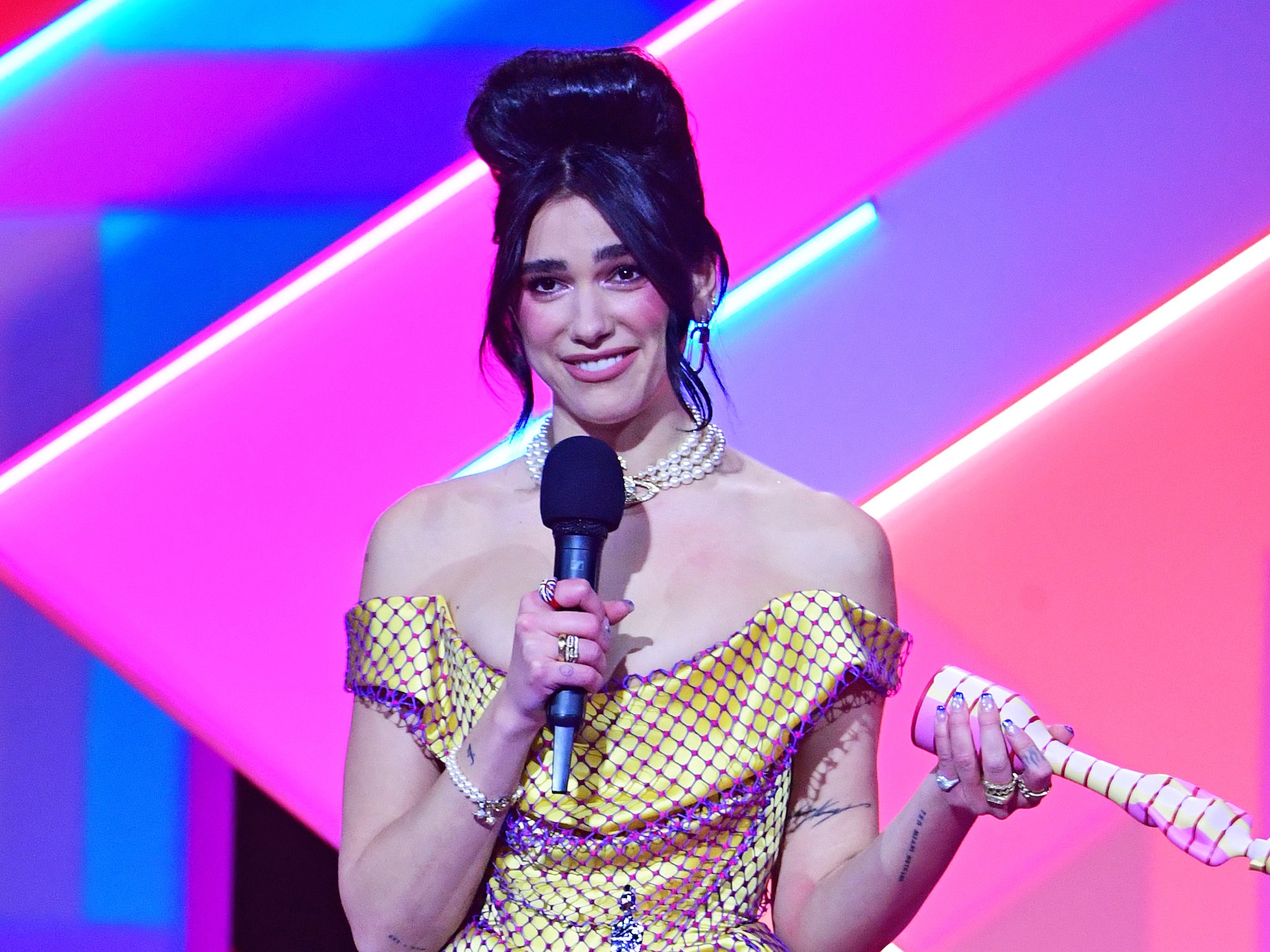Why the Brit Awards ditching gender categories makes perfect sense
Next year’s award ceremony will take after the Grammys and discard its gender division. Annabel Nugent looks at why this serves as a logical next step for an awards show hoping to stay relevant


It’s made headlines, but the news that the 2022 Brit Awards will ditch gendered categories is hardly a surprise. Rumours of a shakeup at the UK music ceremony have been around for the past year. They most recently flared up after Sam Smith – who identifies as non-binary – was excluded from the gendered categories in March. The move feels inevitable. So too does the backlash. But this decision is the correct, logical one for an awards show seeking to avoid the impending irrelevance staring it – and others like it – right in the face.
So, as of 2022’s event, the categories for British Male Solo Artist and British Female Solo Artist will be condensed into a sparkly, spankin’ new accolade: Artist of the Year. Likewise, Best International Male and Best International Female will become Best International Artist. Tom March, the Brit Awards chair and co-president of Polydor Records, says the decision was made with the aim of making the awards “as inclusive as possible”. “It feels completely the right time to celebrate artists solely for their music and work, rather than how they choose to identify or as others may see them,” March said in a statement.
Beyond the fact that Artist of the Year has an infinitely better ring to it than the weirdly clinical “Best Female/Male”, there are plenty of good reasons for the switch-up. You don’t go to a museum and find collections separated into different wings based on the gender of the artists (unless specifically celebrating a particular theme). Some people, however, have expressed concern that getting rid of such distinctions will result in a wild(er) gender imbalance of recipients. This is valid – we are, after all, talking about the music industry. Institutional sexism runs rife and rampant: the 2020 Brit Awards featured just one woman across the mixed groups of album, group, song and new artist. It’s rational, then, to draw the conclusion that a cutback in gendered categories would worsen an already dire situation. Look at the Grammys, who ditched the gender divisions nearly a decade ago. Their record on diversity is appalling.
The Brits, however, have recently demonstrated a pleasing new habit of listening to constructive criticism and trying to work out ways to improve. Just last year, they made a change to their eligibility rules following a social media campaign led by British-Japanese popstar Rina Sawmaya. Despite having lived in the UK for 25 years, the singer’s critically acclaimed debut album wasn’t up for consideration. Under the hashtag #SawayamaIsBritish, fans campaigned for an amendment to the rules. Now, as a direct result of those efforts, artists who have permanently resided in the UK for more than five years are eligible.
Abandoning gender categories is simply part of a wider attempt to make awards shows a more inclusive place, where cultural achievements can be celebrated without prejudice. The VMAs stopped dividing awards according to gender in 2017. Tomorrow (24 November), the Aria awards in Sydney will also go gender neutral. Similar efforts are seen in film and TV: earlier this year, the Gotham awards announced that its acting prizes would no longer be split by gender.
And even though the Academy has a miserable track record when it comes to the Grammys, things are improving, however slowly. Women dominated in 2019, when Country pop sensation Kacey Musgraves took home the night’s biggest prize with her album Golden Hour. Thirteen months after the president of the Recording Academy told women they needed to “step up” in order to be recognised, Dua Lipa accepted Best New Artist with a cheeky quip to her fellow women nominees and winners: “I guess this year we really stepped up.” The following 2020 ceremony was ruled by Billie Eilish who won all four of the big categories (Record of the Year, Song of the Year, Album of the Year and Best New Artist), a feat not seen since Christopher Cross in 1981. Likewise, the most recent Grammys in March saw quote-unquote women in music reign supreme, with Taylor Swift and Megan Thee Stallion taking home the evening’s top prizes.
So yes, it’s taken time, but it seems that getting rid of the gender categories has done the Grammys good, and will likely do the same for the already improving Brits. Last year, girl bands finally got their due when Little Mix became the first ever to be feted with the British Group award, beating out their fellow (all male) nominees. The trio dedicated the statue to their predecessors: Spice Girls, Sugababes, All Saints, Girls Aloud, and addressed how “it’s not easy being a female in the UK pop industry”. At that moment, it felt like a part of history had been corrected. It’s also worth noting that this change in categories comes right as Adele, the UK’s best-selling artist, has released her new album. And if Adele does win big in February, it’ll be because she deserves it.
Join our commenting forum
Join thought-provoking conversations, follow other Independent readers and see their replies
Comments


Bookmark popover
Removed from bookmarks